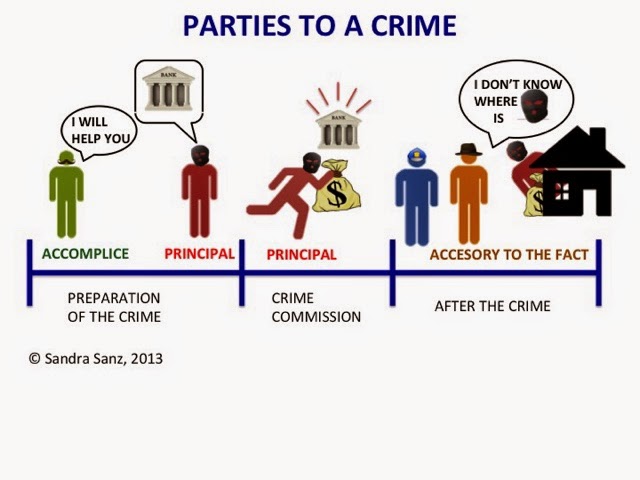Aisa Seguerra-Liza Dino Wedding: Is This Legal?
As reported in the news entertainment this week, singer-actress Aisa Seguerra proposed to her girlfriend Liza Dino. Yes, both of them are women but that fact does not hinder them to love each other. As a matter of fact, parents of the couple are very supportive about their relationship.
You might ask whether the relationship of the two women is perfectly legal. Yes, there is no provision in our laws that prohibits us from loving any person. We may express to our love to anybody, be of the same gender or to the opposite. We are even allowed to express our love to inanimate things.
But as the question on whether or not the two women may be allowed to get married in the Philippines would be another thing to discuss upon.
While it is true that there is no hindrance for us to love even to the same gender, but getting married in the Philippines is still not allowed by law.
According to Article 1 of the Family Code of the Philippines, the basic definition of marriage is:
"Marriage is a special contract of permanent union between A MAN AND A WOMAN entered into in accordance with law for the establishment of conjugal and family life. xxxxx"
It is clear from the definition of the Family Code that marriage is a special contract between a man and a woman. Considering that Aisa and Liza are both women, they cannot be married under the Philippine laws.
Until and unless the provision of the Family Code be amended, they cannot be married in the Philippines without transgressing our laws.
But should they decide to get married where same-sex marriage is allowed, would this be possible? Yes, it may be possible to get married in the state where it recognizes same-sex marriage. But would that be valid in the Philippines? This is what the provision of the law says:
Article 26 of the same Family Code states "All marriages solemnized outside the Philippines, in accordance with the laws in force in the country where they were solemnized, and valid there as such, shall also be valid in this country, except those prohibited under Articles 35 (1), (4), (5) and (6), 36, 37 and 38."
What are those prohibited marriages provided by the Family Code?
Article 35:
(1) Those contracted be any party below eighteen (18) years of age even with the consent of parents or guardians;
(4) Those bigamous or polygamous marriages not falling under Article 41;
(5) Those contracted through mistake of one of the contracting party as to the identity of the other; and
(6) Those subsequent marriages that void under Article 53.
Article 36:
A marriage contracted by any party who, at the time of the
celebration, was psychologically incapacitated to comply with the
essential marital obligations of marriage, shall likewise be void even
if such incapacity becomes manifest only after its solemnization. (As amended by Executive Order 277)
Article 37:
Marriages
between the following are incestuous and void from the beginning,
whether relationship between the parties be legitimate or illegitimate:
(1) Between ascendants and descendants of any degree; and
(2) Between brothers and sisters, whether of the full or half blood.
Article 38:
The following marriages shall be void from the beginning for reasons of public policy:
(1) Between collateral blood relatives whether legitimate or illegitimate, up to the fourth civil degree;
(2) Between step-parents and step-children;
(3) Between parents-in-law and children-in-law;
(4) Between the adopting parent and the adopted child;
(5) Between the surviving spouse of the adopting parent and the adopted child;
(6) Between the surviving spouse of the adopted child and the adopter;
(7) Between an adopted child and a legitimate child of the adopter;
(8) Between adopted children of the same adopter; and
(9)
Between parties where one, with the intention to marry the other,
killed that other person's spouse, or his or her own spouse.
It seems that same-sex marriage which was validly solemnized in other country may be VALID in the Philippines for as long as it is in accordance with laws in that country. The provision in Article 26 is vague for this matter. The Congress has not yet amended this provision so as to emphasize that same-sex validly solemnized abroad shall not be valid in the Philippines. (See the Explanatory Note introduced by Senator Miriam Defensor Santiago to this provision on the First Regular Session of the Fourteenth Congress of the Philippines.)


Comments
Post a Comment